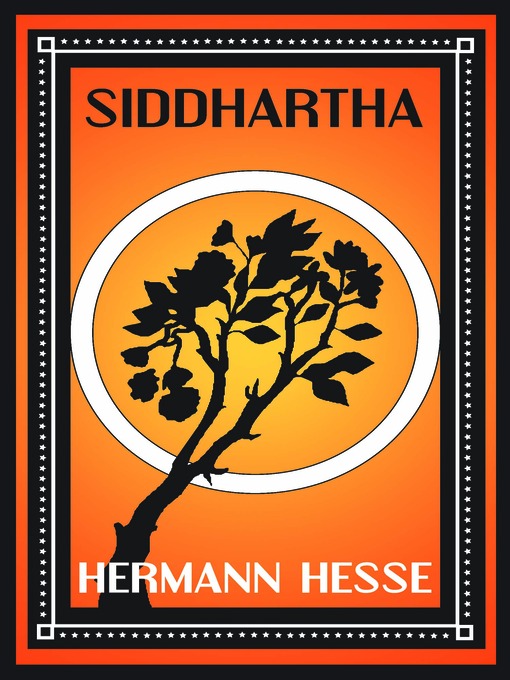Herman Hesse, the German-Swiss poet and novelist was born in 1877 in Calw, Germany. His parents were Christian missionaries, and Hesse grew up in a world of theological discussion.
After leaving school at 15, he worked for a book publisher in Basel, Switzerland.
Literary success came in 1919 with the novel Demian – a book rooted in the psychoanalytical ideas of Jung. This was followed by Siddartha, a story based on the early life of Gautama Buddha, and the search for self-knowledge and spirituality. He had written the first part easily enough, but had to stop for a year with depression, before completing it in 1922. The book is a synthesis of Buddhist, Hindu, Taoist and Christian thought, though Hesse rejected all conventional religion for a more personal path. He wrote: 'The only thing of importance to me is being able to love the world, without looking down on it, without hating it and myself – being able to regard it and myself and all beings with love, admiration and reverence.'
Herman Hesse, the German-Swiss poet, novelist and painter, was born in 1877 in Calw, Germany. His parents were Christian missionaries, with interests in book publishing, and young Herman grew up in a world of theological discussion. Through his grandfather, who had worked in India as a missionary, he also possessed a keen awareness of Eastern philosophy and spirituality.
Siddhartha, a story based on the early life of Gautama Buddha, is concerned with the human search for self-knowledge and authentic spirituality. Hesse had written the first part of the book easily enough, but had to stop for a year with depression, before completing it in 1922.
The book is a synthesis of Buddhist, Hindu, Taoist and Christian thought, though Hesse rejected all conventional religion for a more individual and personal path. As he wrote: 'The only thing of importance to me is being able to love the world, without looking down on it, without hating it and myself – being able to regard it and myself and all beings with love, admiration and reverence.'
He became popular for his spiritual writing in the American counter-culture scene of the 1960's - and since his death in 1962, has been one of the best-selling German writers in the world.


